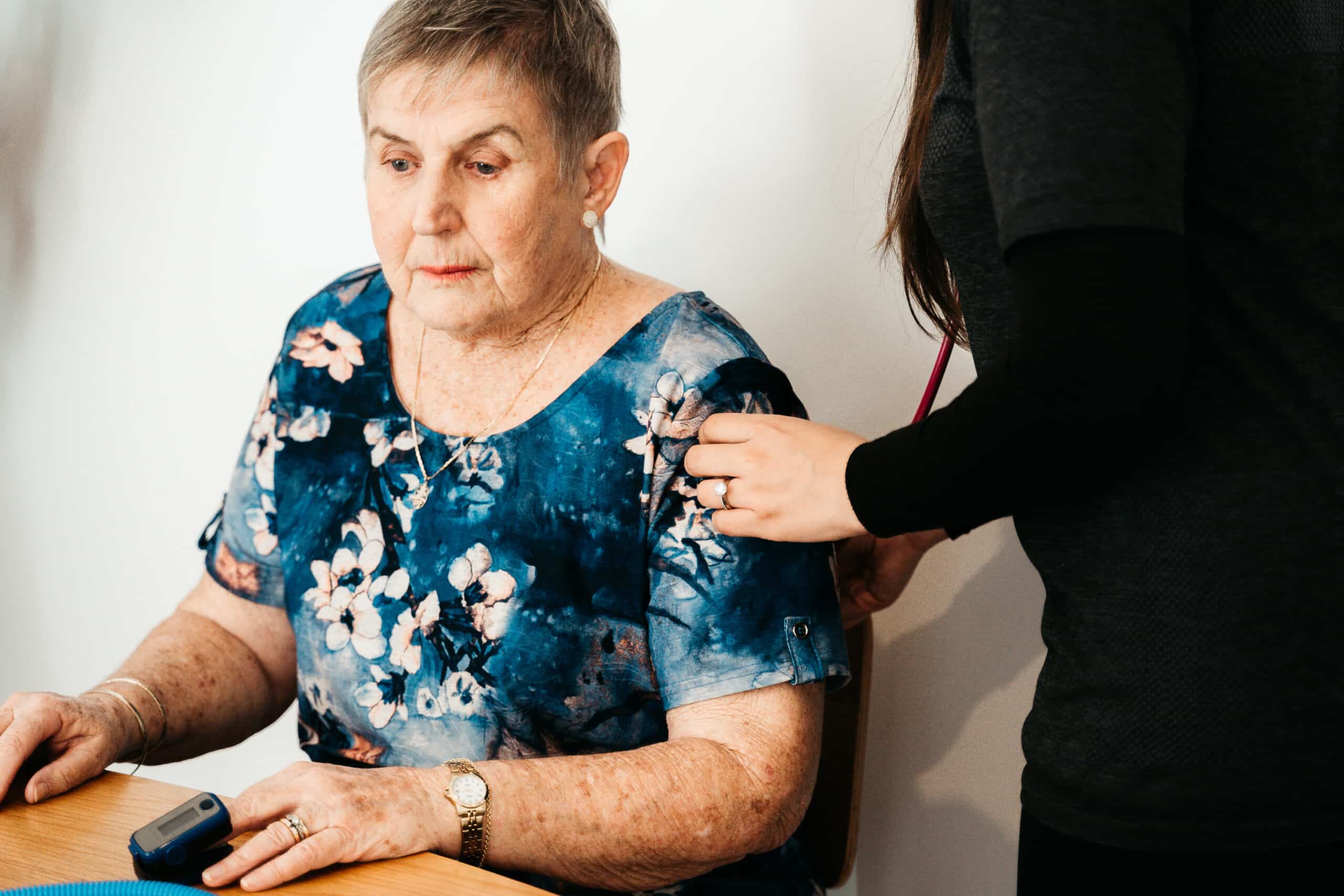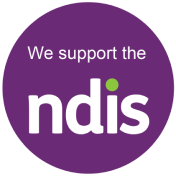Muscle Relaxation Tips for Stress Relief
 Blog Articles
Blog Articles
In these age and times, stress can so easily find its ways into our lives. As a response to stressful events, our muscles tense up- widely known as the ‘fight or flight’ response.
Not only our muscles, but our hormones and nervous systems take a different course of action when triggered by fear, pain, anger, anxiety or grief. Ultimately, the accumulated tension can make a person feel ‘down in the dumps’ and lead to poorer health outcomes.
Stressful situations can affect anyone, but some more than others. It is exhausting and draining especially when it is not likely to resolve in the short term such as with certain personal issues, financial difficulties, or health concerns.
Taking care of your own health will help look after your social and emotional wellbeing. You are the most important person in your life!
But, I don’t know if I feel stressed…
Learning to recognise the physical signs of stress in your body can help you identify when you are stressed. By recognising these signs early, you can effectively use relaxation techniques to prevent the stress from escalating.
A tense person can often be identified by the following behaviours:
- Frowning
- Tight or clenched jaw and teeth grinding
- Raised or hunched shoulders
- Hands clenched into a fist and/or tightly crossed legs
- A closed and drawn-in posture
- Shallow, rapid or held breathing patterns

Is there anything I can do to release stress?
Yes! Taking a deep breath and walking away can be a great first step, so as with working on a hobby, going for a walk in Mother Nature, reading a book, and the list goes on.
One way to de-stress is through a technique called Progressive Muscle Relaxation. It is a helpful tool to ‘train’ the body to be aware of what tension and relaxation feels like, thereby improving how the body response to stress. All you need is a relaxing place, a comfortable position and you are set!
How to do it
1. Breathing – Breathe in slowly through your nose while maintaining a relaxed upper chest. Let your body relax a bit more with each exhale until your muscles feel heavy. After each movement, take a moment to check your breathing to make sure you are breathing gently and not holding your breath.
2. Tensing and relaxing – Start by picking a muscle/area of tension (for example, the shoulder). Take a slow, deep breath in and tense (squeeze) the muscle group, holding it for 5-10 seconds. Notice what the tension feels like.
Then release the tension. Notice what a relaxed muscle feels like.
An example: Lower your shoulders to your feet, stop, adjust to the new position, and use your diaphragm to breathe.
3. Repeat – Practise regularly to become more aware of your muscles. Repeat several times in the same muscle groups and for different muscle groups from the hands to the feet: hands, arms, forehead, eyes, mouth, neck, shoulders, chest, buttocks, legs, and feet,
Where to from here?
If you have enjoyed this exercise, and want to learn more, a physiotherapist will be able to support you towards better wellness.
If you are feeling any concerns for your personal mental health and wellbeing at all, there is never a wrong time to seek help by visiting a trusted GP for advice or calling a helpline (Beyond Blue on 1300 22 4636 or Lifeline on 13 11 14) to talk to someone.
In the event of an emergency, call 000 or visit your local emergency department.
References
HealthyWA. Progressive Muscle Relaxation. https://www.healthywa.wa.gov.au/Articles/N_R/Progressive-muscle-relaxation
Muhammad Khir, S., Wan Mohd Yunus, W. M. A., Mahmud, N., Wang, R., Panatik, S. A., Mohd Sukor, M. S., & Nordin, N. A. (2024). Efficacy of Progressive Muscle Relaxation in Adults for Stress, Anxiety, and Depression: A Systematic Review. Psychology Research and Behavior Management, 17, 345–365. https://doi.org/10.2147/PRBM.S437277

